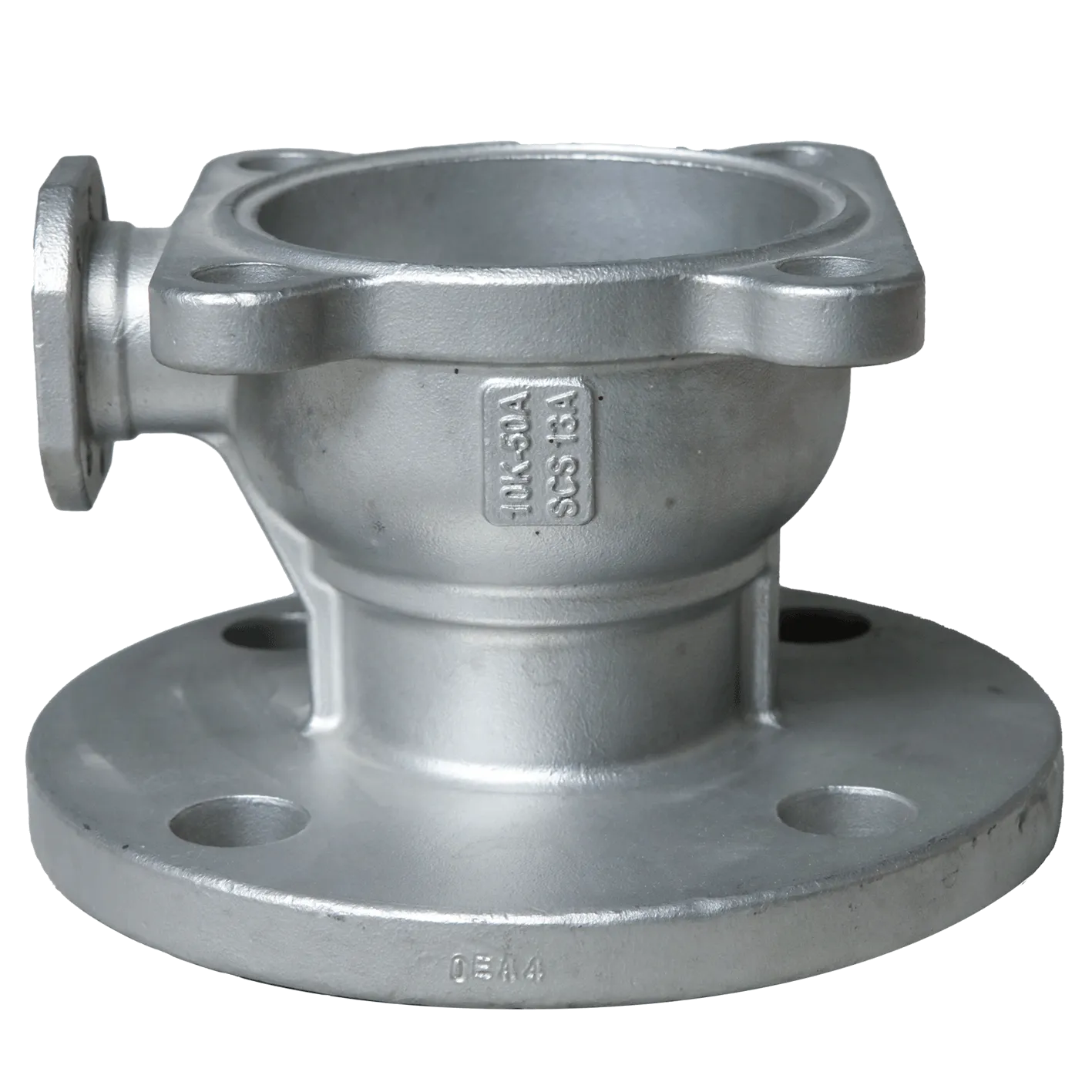Mobile:+86-311-808-126-83
Email:info@ydcastings.com
Design and Efficiency Improvements in Recessed Impeller Technology for Fluid Pumping Systems
Understanding Recessed Impellers A Comprehensive Overview
Recessed impellers play a vital role in various industries, particularly in the field of fluid dynamics. These specialized impellers are designed to enhance the performance of pumps, especially in applications where solid-laden fluids are involved. Understanding what recessed impellers are, their benefits, applications, and how they compare to traditional impeller designs can provide valuable insights into their significance in industrial settings.
What Are Recessed Impellers?
Recessed impellers are a type of pump impeller designed with a unique geometry that features a recessed or sunk design. Unlike traditional impellers, which have blades that extend outward, recessed impellers are characterized by a center that is set back, allowing for a larger passageway for fluids and solids. This design minimizes clogging and provides better handling of viscous or abrasive materials.
The recessed nature of these impellers improves the flow characteristics of the pump, allowing it to efficiently move fluids mixed with solids. This makes them particularly useful in waste treatment facilities, mining operations, and applications involving slurries.
Benefits of Recessed Impellers
1. Enhanced Solid Handling One of the primary advantages of recessed impellers is their ability to handle solid-laden fluids without clogging. This is crucial in industries that deal with wastewater, sludge, or any material containing solids.
2. Reduced Maintenance Due to their design, recessed impellers are less prone to blockages compared to traditional designs. This translates to lower maintenance requirements and reduced downtime, leading to increased productivity.
3. Increased Efficiency Recessed impellers can maintain high efficiency while pumping thicker fluids. By promoting smoother flow, they reduce the energy required to move the fluid, which can result in lower operational costs.
4. Versatility These impellers can be used in a variety of applications, from municipal wastewater treatment plants to industrial processes. Their adaptability to different types of fluids makes them a preferred choice in many settings.
Applications of Recessed Impellers
recessed impeller

Recessed impellers are utilized across numerous industries, showcasing their versatility
- Wastewater Treatment In municipal treatment facilities, recessed impellers are used to transport sludge and other solid waste materials through the treatment process.
- Mining and Mineral Processing Given their ability to handle abrasive and viscous materials, recessed impellers are commonly employed in the movement of slurries containing minerals and ore.
- Food Processing Some food production processes involve thick mixtures and pastes. Recessed impellers can effectively pump these fluids without damaging the product.
- Chemical Processing In industries where chemicals need to be mixed with solids, recessed impellers provide the robustness and efficiency required to maintain production flow.
Comparison with Traditional Impellers
When compared to traditional impellers, recessed impellers demonstrate distinct advantages, especially in challenging pumping scenarios. Standard impellers can struggle with solid materials, often leading to clogs and the need for frequent cleaning. This not only affects the efficiency of the pumping system but can also elevate operational costs due to increased maintenance and downtime.
In contrast, recessed impellers are engineered to facilitate uninterrupted flow, making them inherently more reliable for transporting complex fluids. Their design reduces turbulence, which can also help extend the life of other components within the pumping system.
Conclusion
Recessed impellers are an invaluable asset in the realm of fluid dynamics, providing solutions for pumping applications that involve solids and high-viscosity fluids. Their unique design allows for efficient, reliable, and cost-effective operations across various industries. As technology continues to evolve, the importance of recessed impellers will likely increase, reinforcing their role in modern industrial processes. Understanding and leveraging the benefits of these impellers can lead to significant improvements in efficiency and productivity, making them an essential component of contemporary pumping systems.
-
Impeller Technology That Powers Precision in Pump SystemsNewsMay.22,2025
-
Valve Durability Begins with Quality Cast Iron ComponentsNewsMay.22,2025
-
Performance Cooling with Advanced Automobile Water Pump SolutionsNewsMay.22,2025
-
How Motor Housing and Oil Pans Shape Engine PerformanceNewsMay.22,2025
-
How Metal Castings Drive Modern Manufacturing EfficiencyNewsMay.22,2025
-
Exploring the Engineering Behind Valve Body CastingsNewsMay.22,2025











